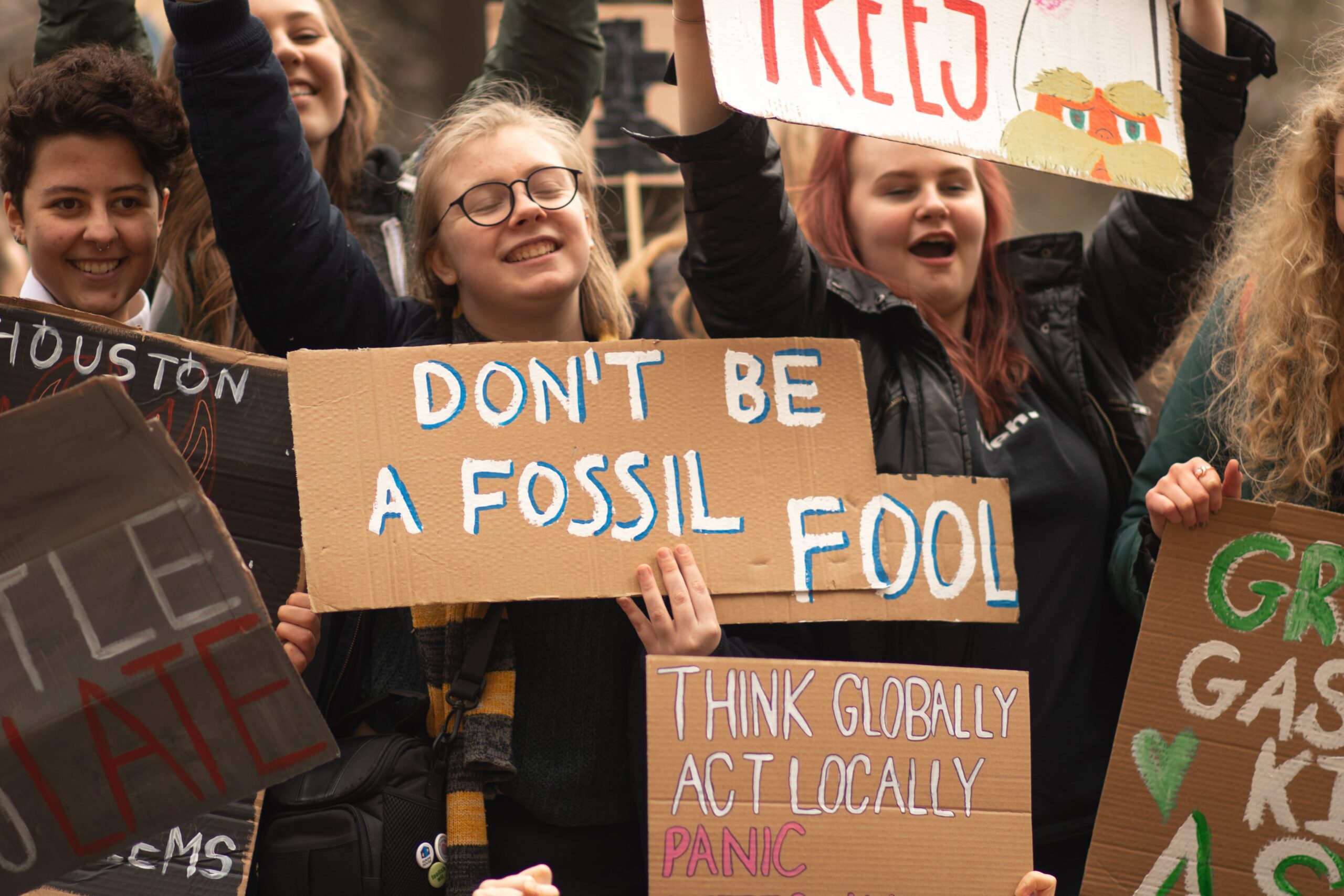Student body presidents from eight Ivy League schools came together on Sunday to endorse a statement on fossil fuel divestment by Harvard University’s Undergraduate Council (UC).
The statement calls on Ivy League universities — the “most powerful and privileged institutions in the world” — to commit to “climate-conscious investments” and cease their investments in fossil fuel companies by 2025. The Ivy League contributes about $135 billion in collective endowments to the fossil fuel industry, which comprises nearly 25 percent of the country’s university endowment funds.
Students are unhappy and want their schools to act more responsibly towards the environment. The UC act comes after months of protest from Harvard students and faculty calling on the university to divest from fossil fuel companies.
Harvard Sit-in for Fossil Fuel #Divestment http://t.co/tVorU8SmBz #climate #activism pic.twitter.com/XlaRxT1ovA
— Alexander Verbeek 🌍 (@Alex_Verbeek) April 13, 2015
Sponsored by UC President Noah Harris and Vice President Jenny Y. Gan, the act passed by a majority vote.
In 2019, the UC held a similar vote in which 69 percent of respondents supported divesting Harvard’s endowment from fossil fuel companies by 2020.
‘Undeniable Obligation’
Students have repeatedly called out Harvard and other Ivy League schools, arguing they have not taken a strong enough stance on divestment. The UC vote is important since Harvard administrators, like Yale and Brown, have rejected divestment in traditional energy sources all these years, saying that the university wants to politicize its investments.
In fact, the first major move towards fossil fuel divestment came in May 2020, when the Cornell University Board of Trustees voted in favor of a moratorium on energy investments. The university said that instead of investing in fossil fuels it would grow its $6.9 billion endowment portfolio by investing in alternative energy sources.
More recently in January, another Ivy League school, Columbia, announced its plan to divest from publicly-traded oil and gas companies. The university released a revised set of principles formalizing a policy of non-investment in the future. Instead of investing in traditional fuel sources, Columbia announced it would focus on developing technologies that reduce greenhouse gas emissions.
The announcement was the result of years of protests and conversations with President Lee C. Bollinger, demanding the school freeze “all investments in the top 200 publicly-traded fossil fuel companies.”
Announcing Columbia’s commitment towards the environment, President Bollinger said, “There is an undeniable obligation binding upon Columbia and other universities to confront the climate crisis across every dimension of our institutions.”



